“Many Initiatives Aimed At Appeasement Are Being Carried Out”
- Par Eulalia AMABO
- 20 Aug 2021 06:59
- 0 Likes
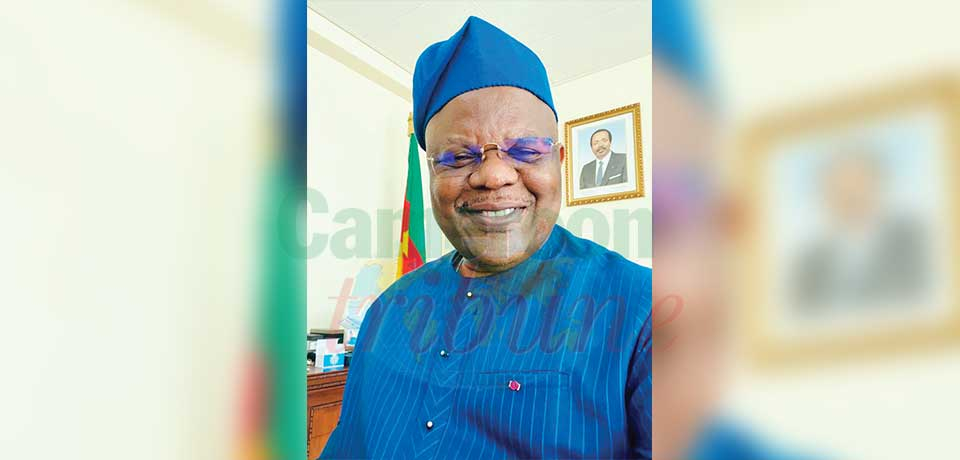
Paul Tasong, National Coordinator of the Presidential Plan for the Reconstruction and Development of the North West and South West Regions.
How do you appreciate the current security situation in the regions?
The security situation in both regions has improved tremendously. It is true that we still have localised pockets of insecurity and sporadic attacks that continue to be recorded, but the general trend is towards appeasement. This is evidenced by the significant increase in the number of students in schools over the past school year and the relaunch of several periodic markets that have been virtually at a standstill for over three years. We are also observing a strong backflow of refugees and internally displaced persons to their communities of origin. It is fair to say that the people are fed-up as this is perceptible even with the naked eyes.
How do you assess the impact of the crisis on the socio-economic level?
Following the high approval of the Prime Minister, Head of Government, Chief Dr. Joseph Dion Ngute, we conducted in collaboration with the United Nations Development Programme (UNDP), a study on the Evolution and Impacts of the crisis in the North-West and South-West Regions from 2016-2020. The data for this study was collected from companies, civil society organisations, deconcentrated State services and local authorities in the two regions. On the overall, this field survey and the analysis that ensued indicated that the crisis had negative repercussions on economic activities, particularly in terms of agricultural production, industrial activity and foreign trade. Access to basic social services has also been severely disrupted.
The year, 2019 was the lowest year. The impact of the crisis on the national economy generated a loss of -0.8% of national GDP compared to -0.5 and -0.3 in 2017 and 2018 respectively. Inflation was above 3% in the two regions in 2019. The Cameroon Development Cooperation (CDC) did not export a single banana in 2019 and all other agricultural products went down progressively from 2017 to 2019. Tourism was very hard hit in the same period as room occupations in the hotels fell sharply. Public revenue took a nosedive as well, and more than 700 public investment funded projects were not executed in the same period. Unpaid bank loans were on the rise in the two regions.
In 2020, the impact on global national economy improved to -0.3 per cent while inflation stabilised at lower than three per cent. The CDC exported 6,000 tons of bananas while rubber, oil-palm, cocoa, rice, tea and food crop production are all on the rise. Public revenue collection is on its way up and so is the execution of public investment budget funded projects. The hospitality industry is lagging behind, as it has been hard hit by the Covid-19 pandemic.
In the same 2019, the number of schools open and running in the two regions at the primary and secondary cycles fell from 587 in 2015/2016 to 119 in 2019/2020 with enrolment falling from 1.1 million to 255.000. In 2020/2021, 431 schools were open with 600,000 pupils and students in class. The same trends are noticeable in the health sector.
In summary, the year 2020 marks a clear reversal of the downward trend, with a noticeable recovery in economic and social activities in both regions.
What have been the main achievements of the PPRD in recent months?
We humbly believe that the resumption of activities in the two regions in 2020 is to a large extent, other initiatives notwithstanding, partly due to the start of the Presidential Plan implemented by the Government and UNDP, under the aegis of the President of the Republic, His Excellency Paul BIYA.
At the end of the first year, the level of implementation of the recovery phase of the PPRD appears to us overall satisfactory in terms of strengthening social cohesion, rehabilitation of essential infrastructure and revitalization of the local economy. Currently, several schools, health centers and water supply systems are being rehabilitated in both regions. In addition, many initiatives aimed at appeasement are being carried out with a view to facilitating the execution of the Plan. Let it be known, that these achievements would not have been possible without the support of local communities and local actors with whom we have managed to create a synergy of actions for more efficiency on the ground.
What are the major constraints you face in running the process?
The main constraint is financial. To date, only FCFA 10.4 billion has been mobilised out of the FCFA 89 billion initially expected. This mobilised amount corresponds to the contribution of the State and of the gover...
Cet article complet est réservé aux abonnés
Déjà abonné ? Identifiez-vous >
Accédez en illimité à Cameroon Tribune Digital à partir de 26250 FCFA
Je M'abonne1 minute suffit pour vous abonner à Cameroon Tribune Digital !
- Votre numéro spécial cameroon-tribune en version numérique
- Des encarts
- Des appels d'offres exclusives
- D'avant-première (accès 24h avant la publication)
- Des éditions consultables sur tous supports (smartphone, tablettes, PC)






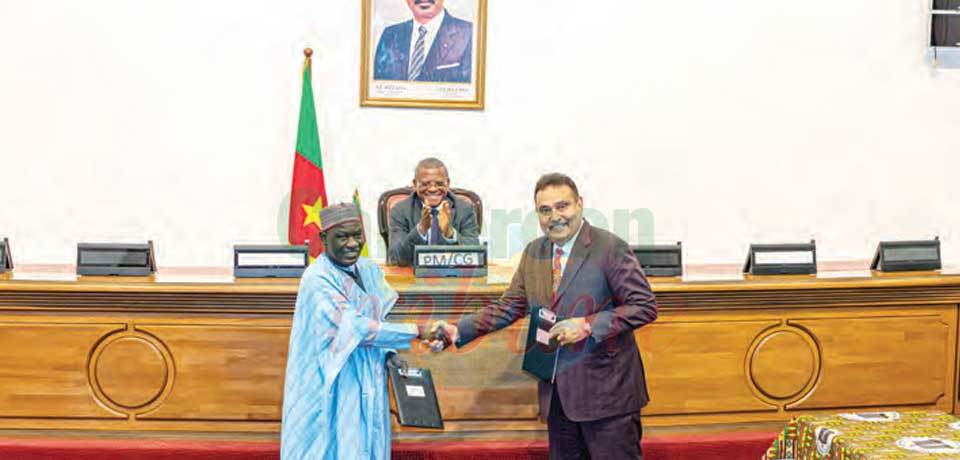
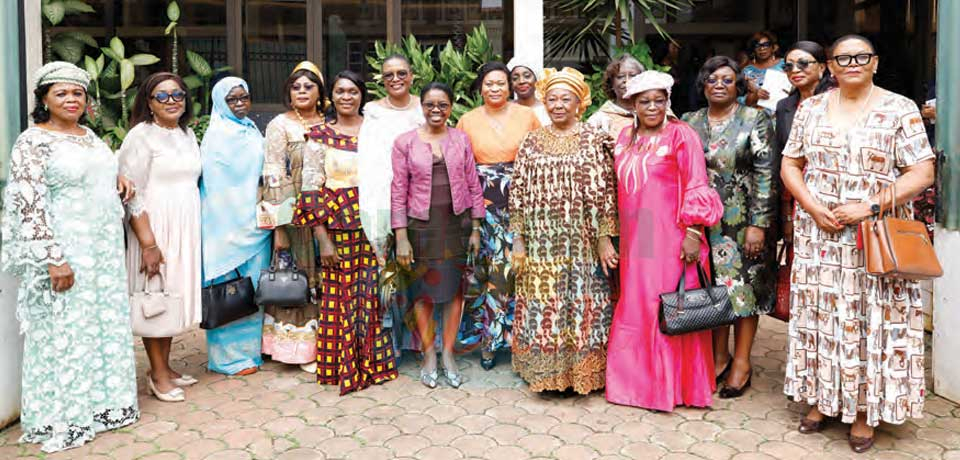
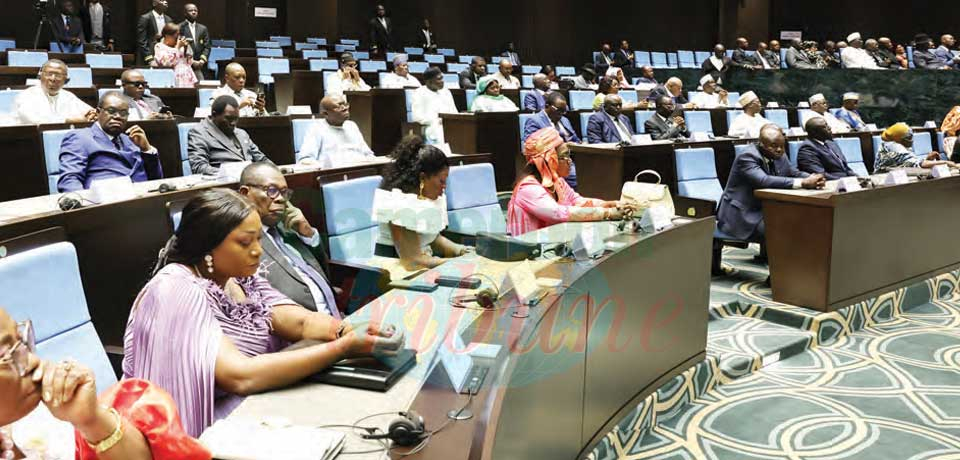
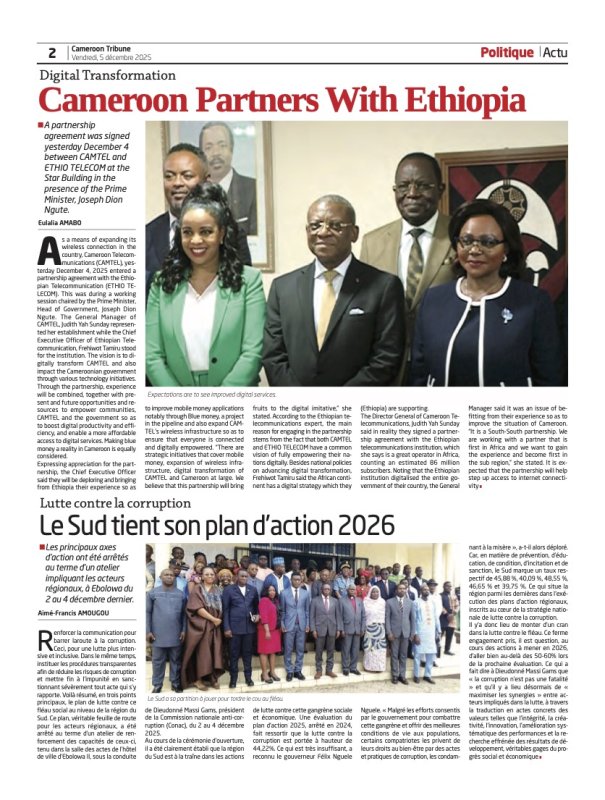




Commentaires